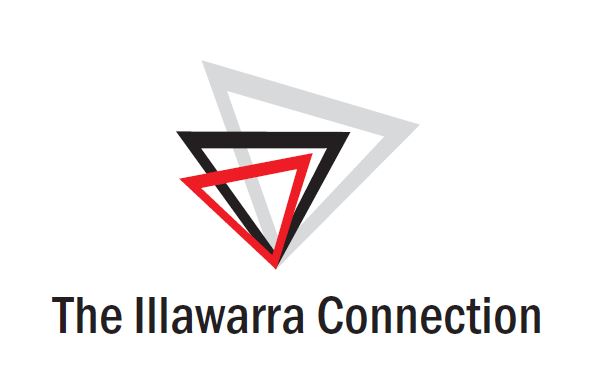
Participants at a previous Dementia Inclusive Kiama Project community education session. Photo: Supplied.
The innovative Dementia Inclusive Kiama Project, which puts those living with dementia and their caregivers at the heart of decision-making, celebrates its 10th year this month (October).
As part of the milestone, the international and national award-winning project will host two events, featuring a line-up of high-profile speakers.
Committee chair Nick Guggisberg said one of the project’s core principles was ensuring people with dementia were empowered and supported to continue making decisions after diagnosis.
Nick said to help celebrate the anniversary, key people and organisations involved over the life of the project were coming together on 7 November to share stories of how the project had impacted them since starting in 2014.
“University of Wollongong and Alzheimer’s Australia [now Dementia Australia] approached Kiama Council where I was manager community and cultural development to see if we were interested in participating in a pilot project to test community-based strategies to make the community dementia-friendly,” he said.
“We of course jumped at the opportunity, thus began one of the world’s earliest dementia-friendly community projects.”
He said in its early days UOW did initial surveying of the Kiama community to measure attitudes and understanding of dementia and concepts of “dementia-friendly” and expectations of what it meant to live with dementia.
“They then repeated this work 18 months later and were able to measure a statistically significant improvement on most of the measures,” he said.
Nick said the celebration would involve keynote speakers sharing their stories of impact, such as Dementia Alliance International co-founder Kate Swaffer, Dementia Inclusive Kiama Project chair Dennis Frost, award-winning public health academic Associate Professor Lyn Phillipson, Dementia Training Australia former executive director Professor Richard Fleming, Community Industry Group CEO Nicky Sloan, and Dementia Australia CEO Professor Tanya Buchanan.
“The key speakers will be sharing their stories of participating in the project and how the project has contributed to their work and the impact it has had,” he said.
“They represent a broad cross section of people and organisations that have contributed to its success both nationally and internationally.”
He said that recognition meant an advocate and health expert from the USA would also be participating in the celebrations, plus a person living with dementia from Singapore.
Prior to the celebration, Kate Swaffer and Dennis Frost will host an awareness session titled ‘Diagnosed With Dementia: What’s Next?’ about independence, wellbeing and quality of life for people with dementia and their care partners and family members.
Nick said it would provide them with information and experiential exercises to live more positively, along with insight and new knowledge for health care professionals, staff and organisations.
“The morning session is a special awareness session being run by two people living with dementia. The content is created by them also,” he said.
“Kate lives in Adelaide and was initially involved in helping set up the structure of the project with people living with dementia at the heart of the project and deciding what its priorities should be and how they should be addressed.
“We don’t have Kate in Kiama very often, so it’s a special opportunity to learn from someone who has become one of the world’s most well known advocates and academics on the topic of dementia.
“The afternoon session is solely focussed on celebrating and sharing stories around what the project has achieved.”
He said from the awareness event he hoped people gained an understanding of and strategies to live well with dementia and the journey post diagnosis, while from the celebration, he hoped participants understood the importance of community-based strategies to deepen attitudes towards people living with dementia.
“Dementia is mostly addressed from a medical perspective, but the social implications of living with dementia does not receive as much attention, but has an equal impact of their health,” he said.
“Awareness and education about dementia is the best strategy to reduce the stigmas associated with dementia. By reducing stigmas, we reduce barriers to people living as best they can with dementia.”
Nick said through Kiama Dementia Alliance and Kiama Dementia Advisory Group organising and delivering activities, the project had educated thousands of people about the capabilities of people with dementia through sessions and provided opportunities for social inclusion and peer support, including dancing, choir and inclusive picnics.
“We’ve worked with individuals, businesses and community organisations to support their understanding of dementia so they can work in a more dementia-inclusive way that reduces the barriers that many people living with dementia experience when they try to access services and participate in community events,” he said.
In 2016 the project won two national awards, plus a World Health Organisation award, and continues to gain attention, with a group of 20 health experts from Korea recently visiting Kiama to learn about its strategies and structure.
Dementia Inclusive Kiama Project events will be held 7 November with the awareness workshop from 10 am to midday and anniversary celebration from 2 to 4 pm at the Kiama Anglican Church Hall. Bookings for each are essential.









